Inclusive Excellence Initiatives
This work began in 1988 with USDA grants to support high school outreach and multicultural scholarships. In 2017, in collaboration with the UVM President's Commission on Inclusive Excellence, the school began work on an Inclusive Excellence Action Plan to address inclusivity within academics, community, environment, and operations in the School.
To more fully engage the entire school community, in the fall of 2017, the school began work on an equity assessment with Dr. Shadiin Garcia of Shoreline Consulting. Concurrently, an undergraduate conducted her senior research thesis on racism in Rubenstein. These research and reflection initiatives took place as activism grew across campus. Following the equity assessment, the School developed its first Inclusive Excellence Action Plan, which was published in 2019.
With the formation of the University Inclusive Excellence Council (UIEC) in the Spring of 2021, the Rubenstein School began a new Inclusive Excellence Action Planning process alongside every academic unit and department at UVM. The process, led by the Vice Provost for Inclusive Excellence, resulted in the development of a new five-year plan, finalized in 2022.
The plan seeks to ensure:
- All members feel welcome and included.
- Equity is centered in our curriculum, business practices, and policies.
- Opportunities for personal and professional growth are available to all.
- Our curriculum reflects diverse perspectives and ways of knowing and being in the environment.
Planning and Activities
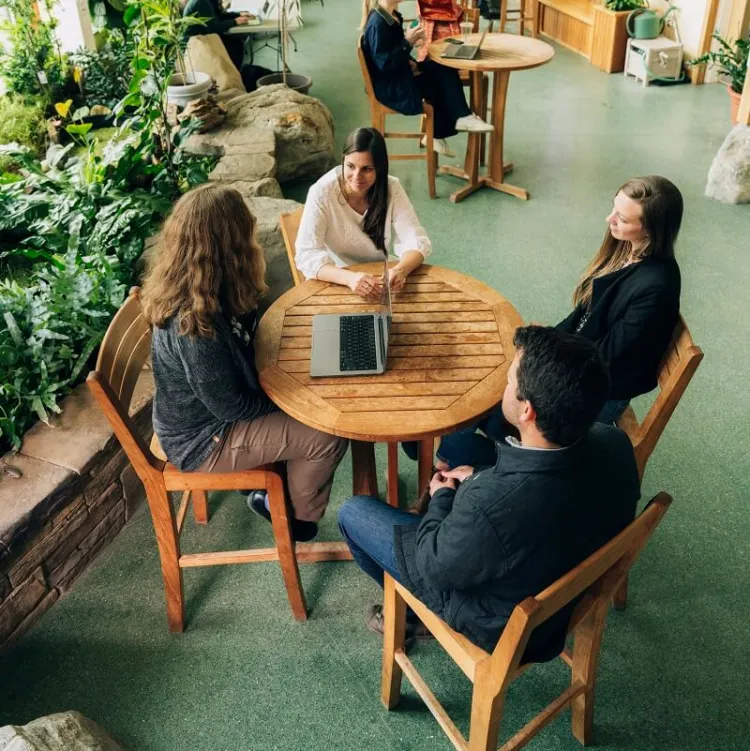
The Rubenstein School's committee focused on the Inclusive Excellence Action Plan is comprised of three faculty, three staff, three undergraduate students, and two graduate students. Through regular meetings and community activities, the committee designs and plans initiatives, evaluates curriculum, and facilitates workshops, trainings, and events in the Rubenstein School.
BIPOCEC
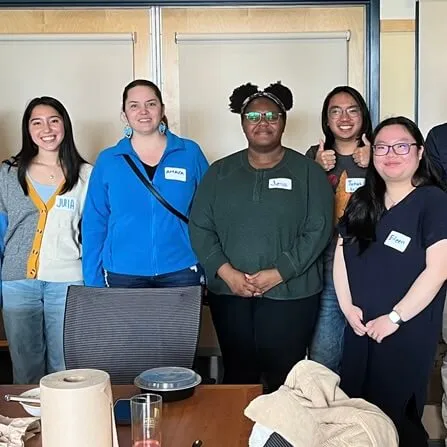
The Black, Indigenous, People of Color Environmental Collective (BIPOCEC) is an affinity group for people of color learning and working in the environmental field. The BIPOCEC community is comprised of undergraduate and graduate students, faculty, staff, and alumni from across UVM. The group is built by and for people of color and aims to challenge the oppressive systems that are at the root of the environmental field. BIPOCEC hosts weekly community-building gatherings with food, tea, and discussion topics. The group also organizes special events and activities throughout each semester such as hikes, outings on the Research Vessel, movie screenings, and more.
Curriculum
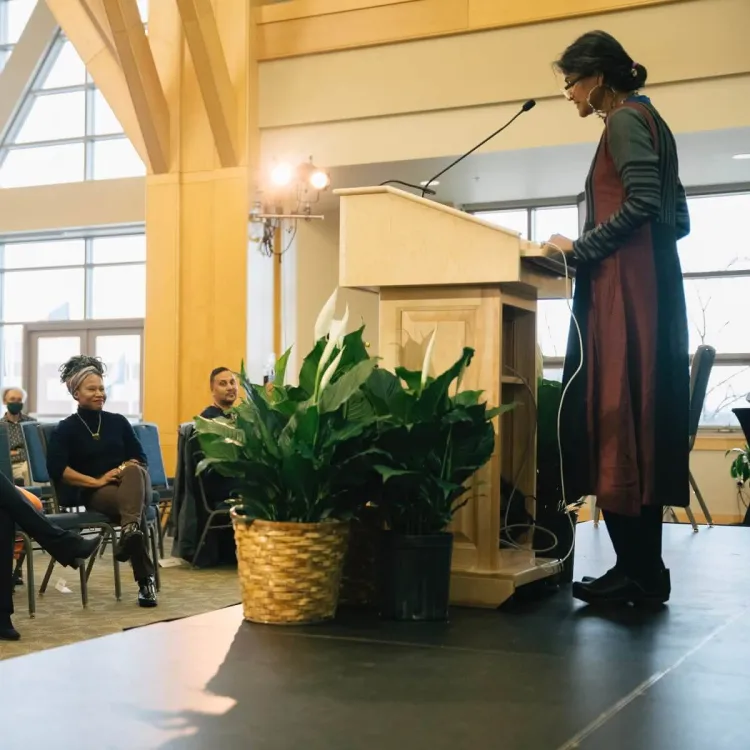
The Rubenstein School curriculum reflects a broad range of perspectives. Undergraduate students complete 6 credits of race and culture course work as part of a University-wide requirement.
For Rubenstein School undergraduates, this begins with the 3-credit course, NR 1060 Race and Culture in the Natural Resources, in the first semester. This course features guided discussions and guest speakers who address many aspects of inclusion as they relate to natural resources.
Rubenstein School Master's students take a course titled Envisioning a Sustainable Future which provides frameworks for collaborative leadership, whole systems thinking, and intercultural competency.
Recruitment and Retention
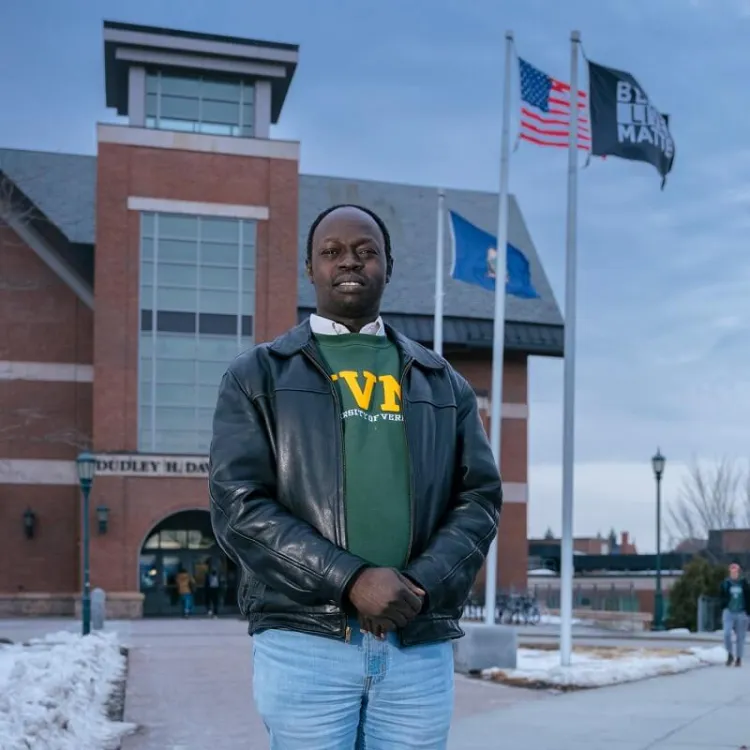
An important component of the Rubenstein School’s inclusive excellence initiatives is to ensure that all students feel welcome. We provide resources, mentorship, and support for students that have historically been underrepesented in higher education and environmental fields. Our experiential learning and professional development funds are available to all enrolled students, designed to ensure that students gain valuable experience conducting research and exploring career pathways through internships in the environment. Funds from the Rubenstein School ensure that internships have adequate monetary support for students to maintain a livable wage during the summer months.
For questions about recruitment and retention resources and activities within the Rubenstein School contact Recruitment and Retention Coordinator Akol Aguek.
Inclusive Arts Initiative
The Inclusive Arts Initiative, created in 2023, is one way the Rubenstein School is pursuing its mission question: How can the Rubenstein School unleash empathy, passion, innovation, and creativity to heal and radically change human-environment systems in a just, equitable, and ecological direction? It aims to highlight art and creativity as important tools in the movement towards justice and healing for and with the environment.
The initiative includes a rotating art gallery on the first floor of the Aiken Center, which features art work by Rubenstein School students, faculty, and staff; educational programming; and planning for additional art exhibits in the Aiken Center and beyond. The Inclusive Arts Initiative is supported by funding from and education fund, established by former Dean of the Rubenstein School, Nancy Mathews.
Stories
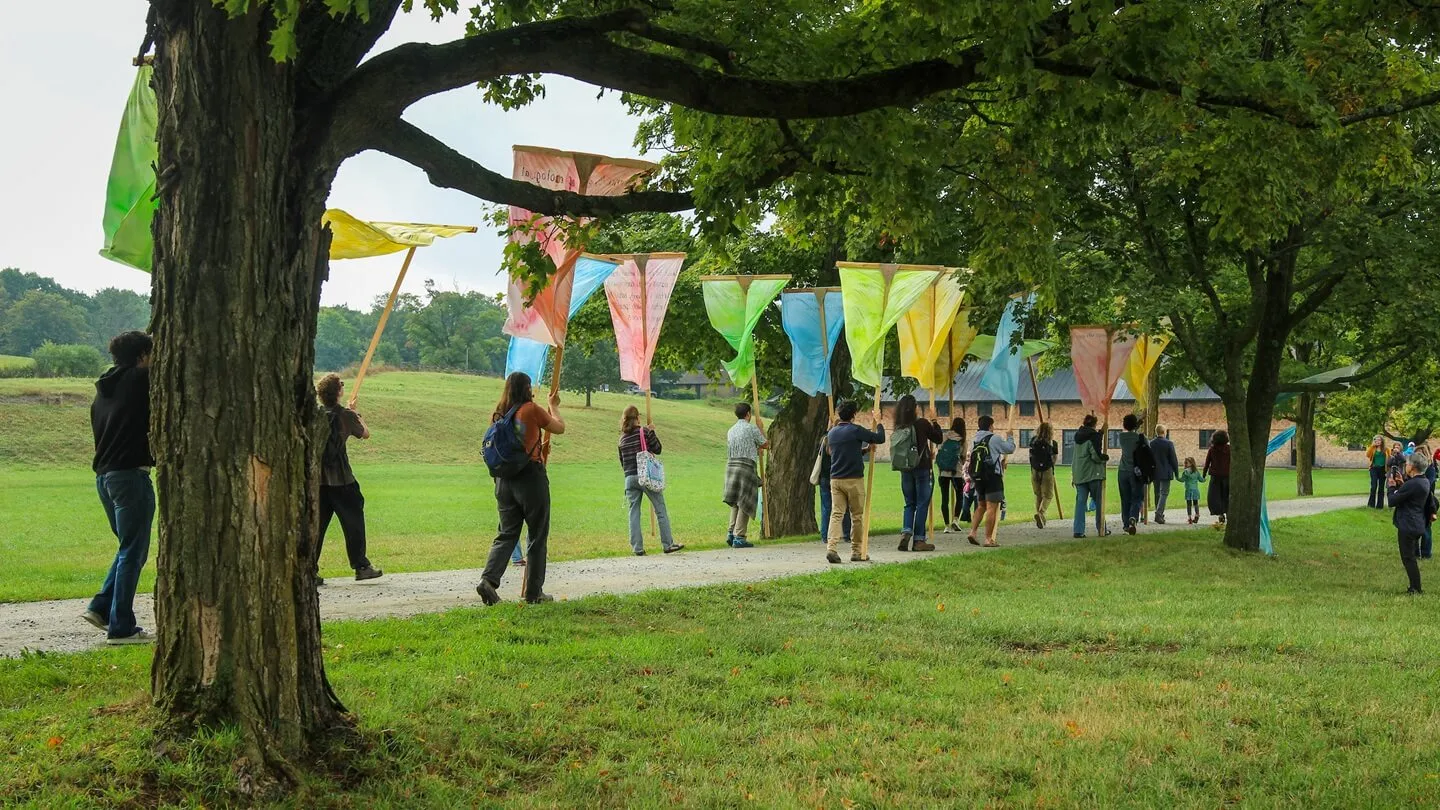
Students, Faculty, and Community Members Gather to Celebrate Love of the Earth
Dr. Marie C. Vea Receives Award for Inclusive Excellence
The Captain and Crew of the R/V Marcelle Melosira
Setting the Table: Alumna Dr. Rebecca Stanfield McCown Encourages Graduates to Build Diverse Support Networks
Community Building In and Out of the Classroom
Exploring How Creativity Can Heal and Change Human-Environment Systems